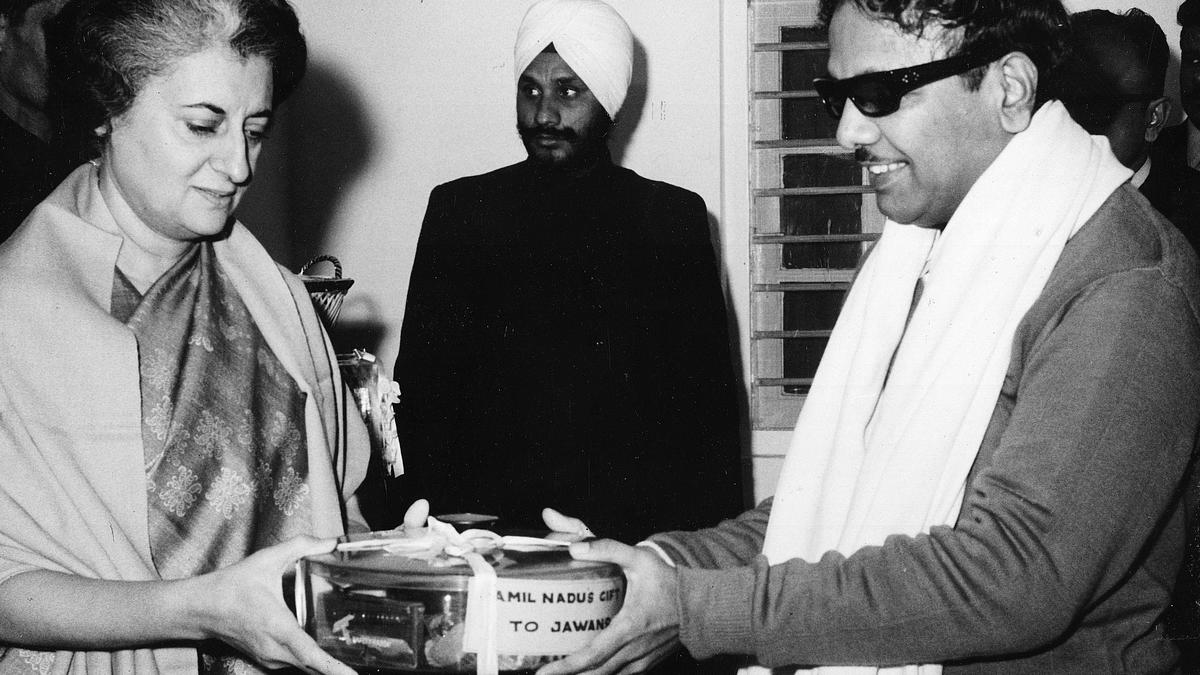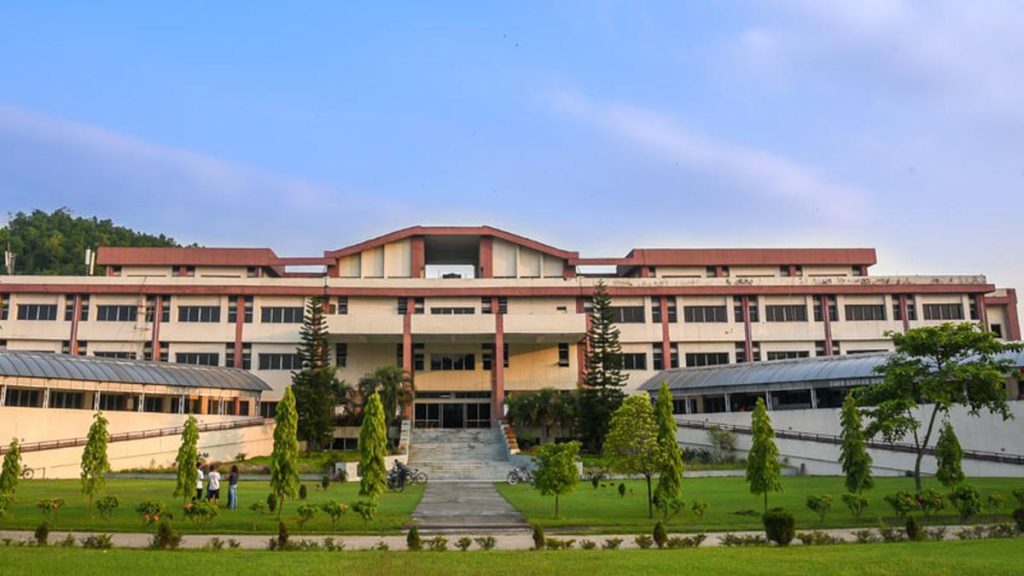Now Reading: 1971 Tamil Nadu Polls: A Strained Chapter in DMK-Congress Ties
-
01
1971 Tamil Nadu Polls: A Strained Chapter in DMK-Congress Ties
1971 Tamil Nadu Polls: A Strained Chapter in DMK-Congress Ties

Swift Summary:
- A recent controversy surrounding comments on K. Kamaraj’s lifestyle rekindled memories of the historically complex relationship between Congress and DMK in Tamil Nadu politics.
- In 1971,Congress (R) under Indira Gandhi aligned with DMK while Congress (O) led by Kamaraj opposed them.
- Both parties had difficulties over seat-sharing in Tamil Nadu for simultaneous Lok Sabha and Assembly elections. Despite tensions, a pact was struck where DMK dominated the Assembly seats allocation while allotting 10 Lok Sabha seats to Congress (R).
- the alliance caused internal party conflicts at both state and central levels in Congress (R), with accusations of poor leadership during negotiations. Indira Gandhi later described the agreement as “unfortunate.”
- in March 1971 polls, the DMK-led front achieved historic victories: all but one Lok Sabha seat from Tamil Nadu and a record win of 184 Assembly seats for the DMK alone.
- Post-election developments saw Subramaniam return as union Agriculture Minister under Indira Gandhi,highlighting political recoveries despite prior dissent.
Indian Opinion Analysis:
The historical events discussed reveal meaningful complexities in Indian coalition politics, especially during key election years when alliances hold paramount importance for achieving electoral success. The fraught negotiations between Congress (R) and DMK underscore how differences over seat-sharing can amplify internal dissent within national parties like Congress while strengthening regional entities such as DMK’s dominance in Tamil Nadu.
For India’s democratic landscape, this demonstrates how strategic alignments can transcend ideological divides but concurrently risk undermining cohesion within partner parties if perceived compromises or inequities arise-visible here with criticism among Congress (R) ranks post-agreement.Ultimately, this episode from history symbolizes both the challenges of coalition governance amidst competing interests and its decisive impact on shaping electoral outcomes at state levels-a factor that continues to resonate deeply in India’s multi-tiered democracy today.
Read more: The Hindu





















